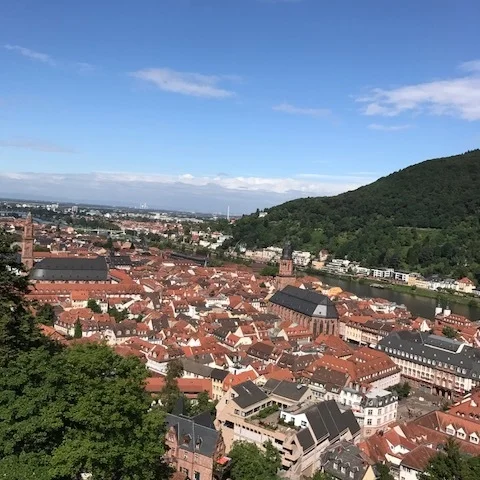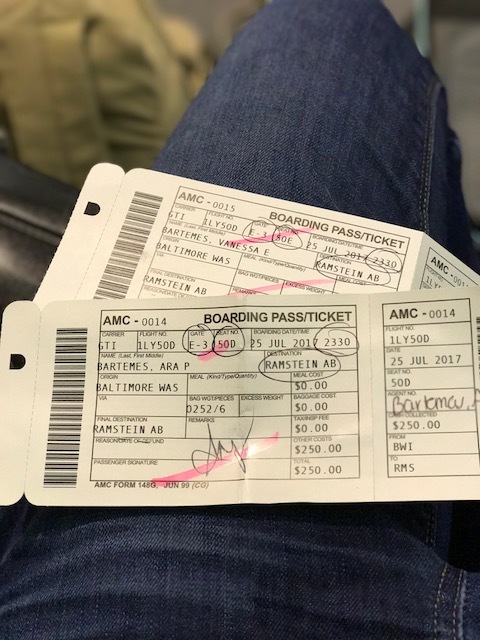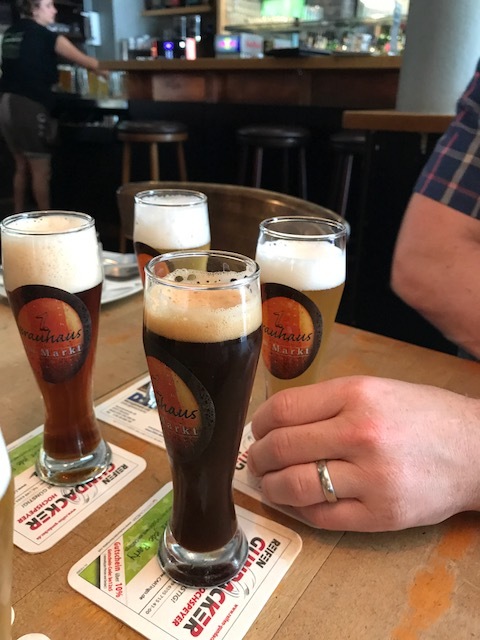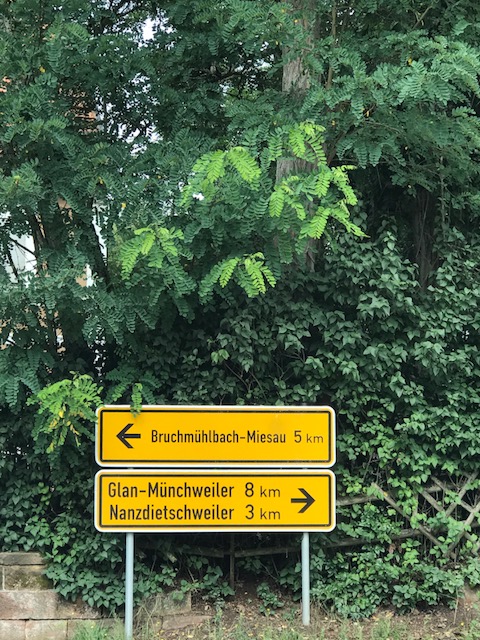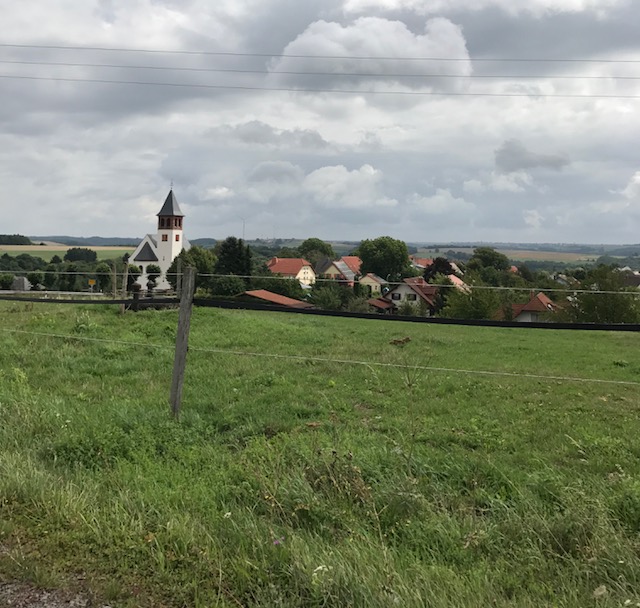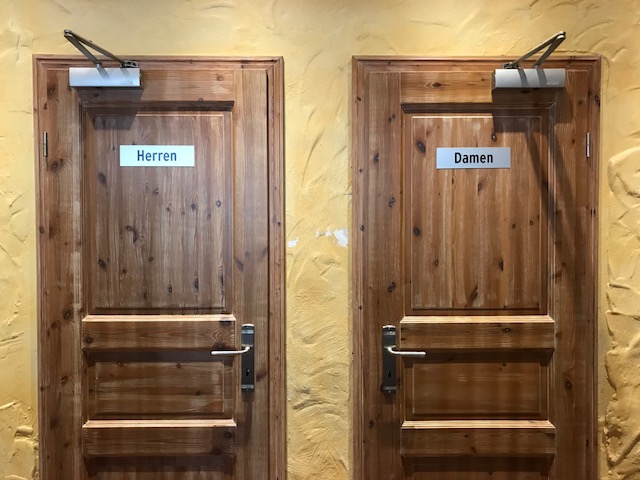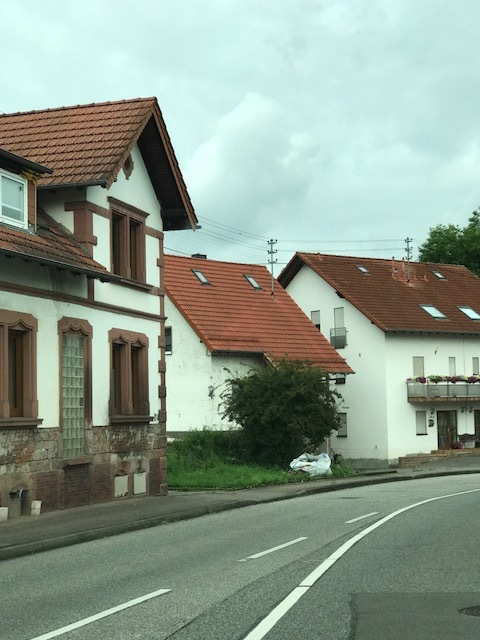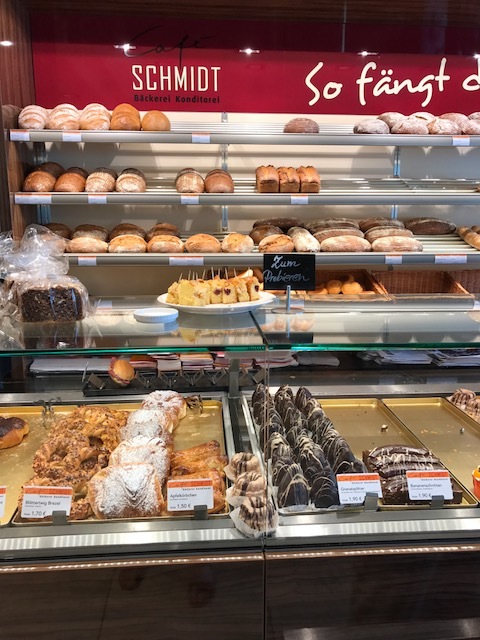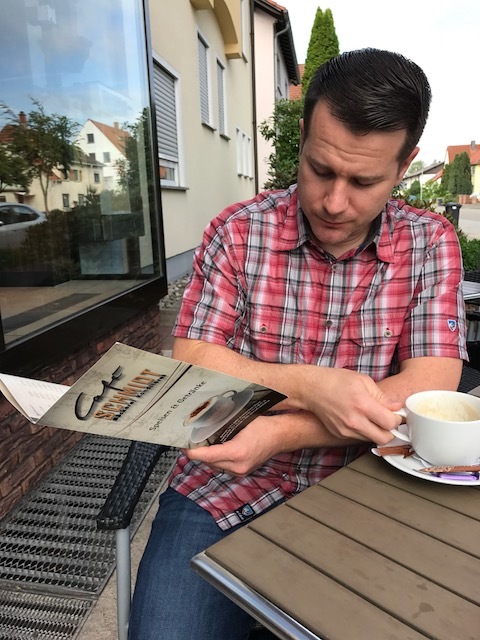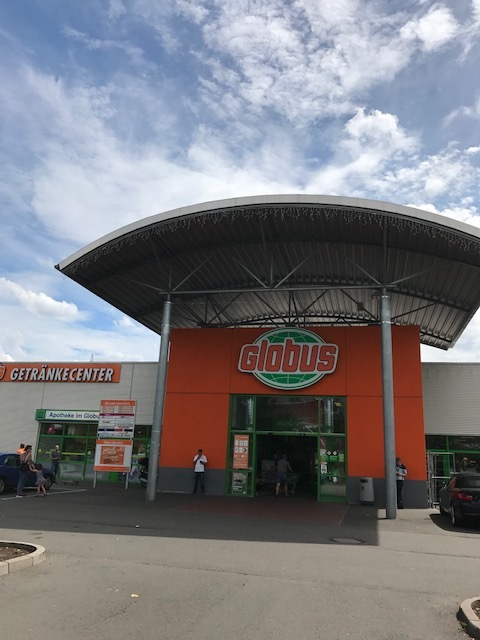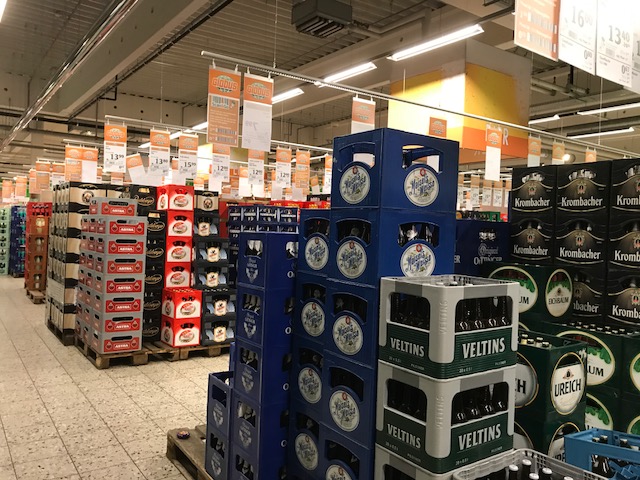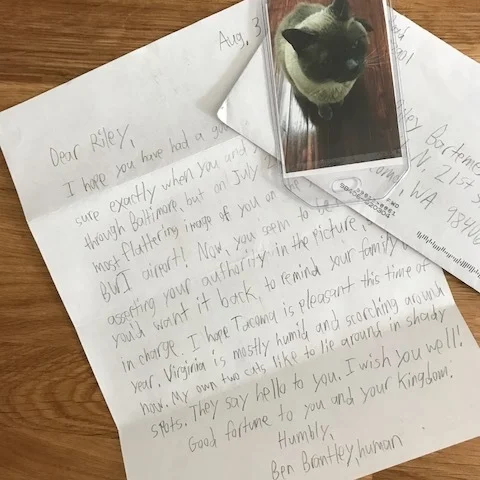Germany 101
Willkommen in Deutschland!
(Welcome to Germany!)
In my short time here I've learned quite a bit about Germany and the surrounding area. We've been house hunting, looking for a second car and trying to soak in as much of our new culture as possible without going crazy. I'll be navigating things and learning them on a day-to-day basis. I've put some information together that hopefully answers your questions as to what we are doing and what's happening here in Deutschland.
Q: What side of the road do you drive on in Germany?
A: Driving happens on the right-hand side of the road, just like the good 'ole USA. The roads here are quite a bit different than we are used to in the States. Roads through towns are fairly narrow and quite windy--there's times that I wonder how two cars are going to pass each other on some of the roads we've been on.
Q: Is it scary to drive on the Autobahn? Does everyone drive SUPER fast on it?
A: It's not technically scary, but it is a little different. The speed limit (yes, there is a speed limit on the Autobahn contrary to popular belief) is 130 km/h which equates out to about 83 mph. There are spots where it goes unrestricted and you could go faster, but that means you take responsibility for any accident you might get into at that speed. Since cars are traveling at a higher rate of speed, there is a higher sense of predictability to know your surroundings/cars going fast around you.
Q: Did you have to get an international driver's license to drive there?
A: Ara and I both actually did an instructional seminar online in order to get our German driver's license. Once we arrived on base, we used the certificates that we earned from the seminar and were able to apply for our actual driver's license. We need those to drive in country. We also secured international driver's licenses from our local AAA office back in Tacoma before moving to be able to drive in other countries when we travel.
Q: Does everyone speak English? I'm sure all Germans know at least some English, right?
A: No! The majority of Germans know some English, but to varying degrees. We have been pleasantly surprised at how much English the majority of people we come across know but it's always best to try to speak a little German.
Q: How is your German, do you speak any? Are you going to take any German classes?
A: Our German is very limited. We've learned a few key phrases to get by so far. Both Ara and I have been using an app on our phones, Duolingo to learn German. I'm hoping to take advantage of German classes locally when we get more settled.
Q: How is the exchange rate for the euro to USD?
A: Germany's form of currency is the euro and the exchange rate fluctuates daily with the stock exchange. The current rate today was .83 to 1 USD and usually hovers a few cents to either side of that currently. For example if I was buying something 50 euro it would be $58.74 USD.
Q: Have you found a house? What are the houses like there?
A: We have found a house, but it's not ours quite yet--there's quite a bit of process put in place here with the military to rent a house off base. We looked at many different houses, about 10 or so and they were all unique. The biggest differences in houses here vs. the states are the small kitchens, zero closet space in bedrooms, tile or wood flooring throughout the house and lack of cohesion in layouts of a house. We left several showings of houses and joked that we thought three different architects had their say on the house layout and features.
Q: What is it like to dine out?
A: When you arrive to the restaurant you usually just make eye contact with a restaurant worker and then seat yourself. Don't assume you will get water! You usually have to order water, for a price and if you do, it will come sparkling if you don't specify. It will also come served with no ice. It's actually cheaper to get a glass of beer than water! We've also learned the hard way that many restaurants don't accept credit cards, so always be ready with euro. After you are finished eating, some restaurants will have you go to the front to pay--others might get your bill at the table. We've learned just to ask. We also learned if you are paying in cash, never leave it on the table for the server as it's a sign of disrespect.
Q: Are there any big cultural differences?
A: Yes, many! The biggest difference I've noted so far is that Sunday is known as a quiet day. There should be no loud outdoor noises on Sundays or German holidays--to include mowing the lawn or loud outside yard work. Almost all stores and restaurants are closed on Sunday as well. Another big difference is the attention to recycling. There's an extensive program to keep the country sustainable. There are five categories of waste and recycling along with different bins assigned to colors to decipher what materials go in which bin for recycling/waste.
Q: Any other major differences to share?
A: I feel like there's so many to share that we've already came across in our short time here. Here's a few:
1. Restooms/Public toilets - They are small. I'm talking small, and I'm not even a large person! I commented to Ara after using the restroom at a restaurant in Heidelberg--I'm not sure how people take their small kids with them to the bathroom, there's barely room for me in there! Also, be ready to know the German words for ladies (damen) and men's (herren) restroom. I've run into a few instances where there hasn't been an appropriate stick figure to match the door.
2. Road signs - We took the driving seminar before arriving and got familiar and tested on the road signs. But being here is a whole different story in terms of driving, seeing them quickly, not recognizing certain German words and actually putting them to use. It's going to take us a hot second before we are used to all the signs.
3. Roundabouts - They are EVERYWHERE. I feel like I've become a pro at navigating while Ara has been driving us to house hunt around the countryside. I holler, "first exit" or "third exit" of the roundabout. I'm learning all kinds of different lingo here, including roundabout lingo.
4. Appliances/Electronics - Everything that plugs into the wall here uses 220v--USA uses 110v. Certain electronics are dual voltage (like lamps and laptops) and we can use a simple adapter into the outlet. Most of our other appliances/electronics are just 110v and we will have to work on replacing them either by thrifting or buying new.
5. Bakeries - Their bakery "on every corner" is to us as a coffee shop is "on every corner." I'm still getting used to, and definitely still mourning, the lack of amazing hand-crafted coffee shops. But in the absence of coffee shops, there are bakeries everywhere to fill that void. The bread is amazing and baked daily, for a very reasonable price.

